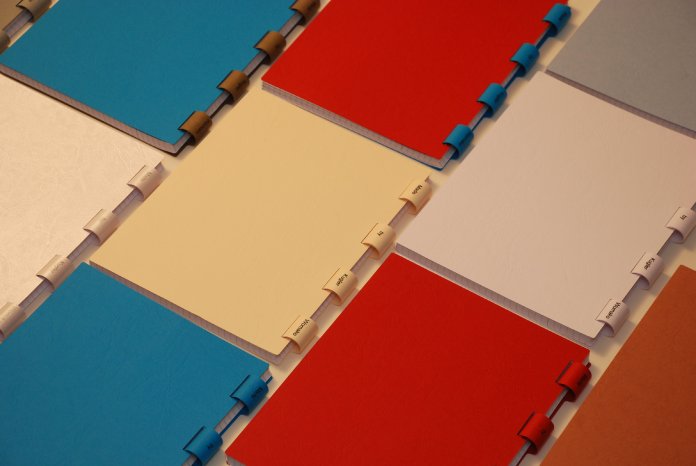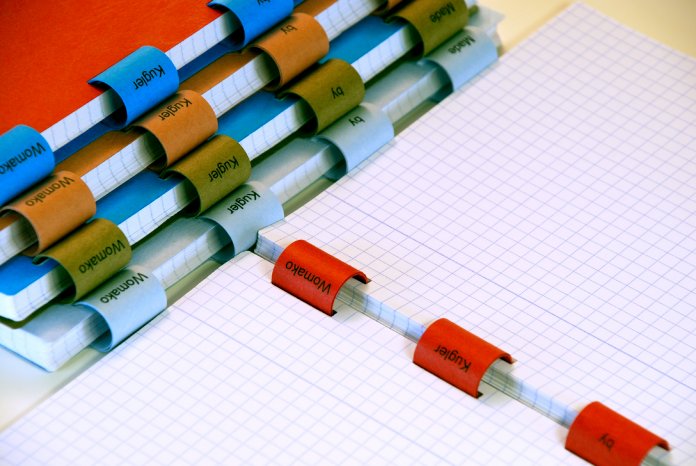The traditional types of bindings such as spiral, double wire and plastic wire bindings are now well established and have dominated the markets for many years. In the meantime, there have been only few modifications and product variations. That's why Kugler-Womako, a Körber PaperLink company, decided to develop a completely new type of binding.
The many and varied advantages of paper bindings have a positive appeal for the target markets, but with a number of different priorities: "In emerging markets, the availability of the raw materials is, in addition to the price, a decisive, and often an existential factor," says Olaf Wallner, Head of Sales at Kugler-Womako. "Metal or plastic wire is often expensive and difficult to procure for customers from such countries. In addition, there is an enormous discrepancy in wire quality, which also has a negative impact on the spiralbound end product," he continues. Paper, on the other hand, is generally inexpensive and readily available, also in these countries.
For customers in industrialized countries, the new type of binding primarily addresses environmental concerns. This alternative product is broadly accepted by the customers in these regions in particular because the paperbound notepad is completely recyclable - even without waste separation.
All in all, the monomaterial paper binding as it is used in a notepad, for example, simplifies all the processes for the customer - from procurement right on up to production.
The new type of binding is also appealing to customers from a marketing point of view. The paper spirals can be designed and printed individually and there are no limits as to the choice of colors available.
"We are definitely looking forward to designing new products with our customers and to exploring new market opportunities," says Olaf Wallner.


